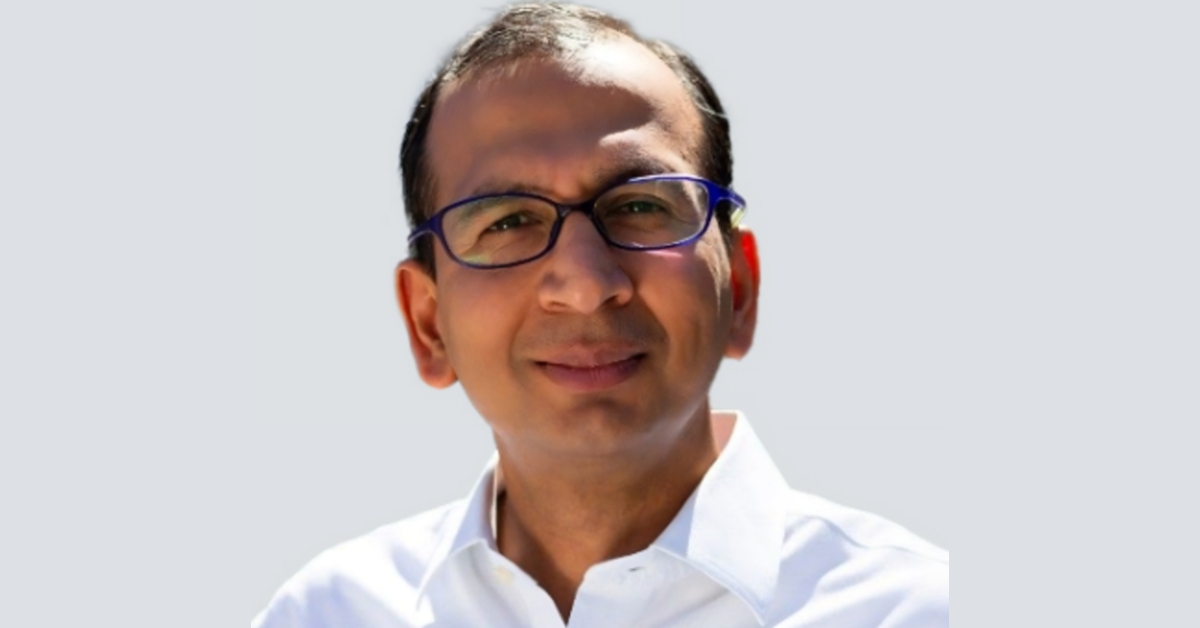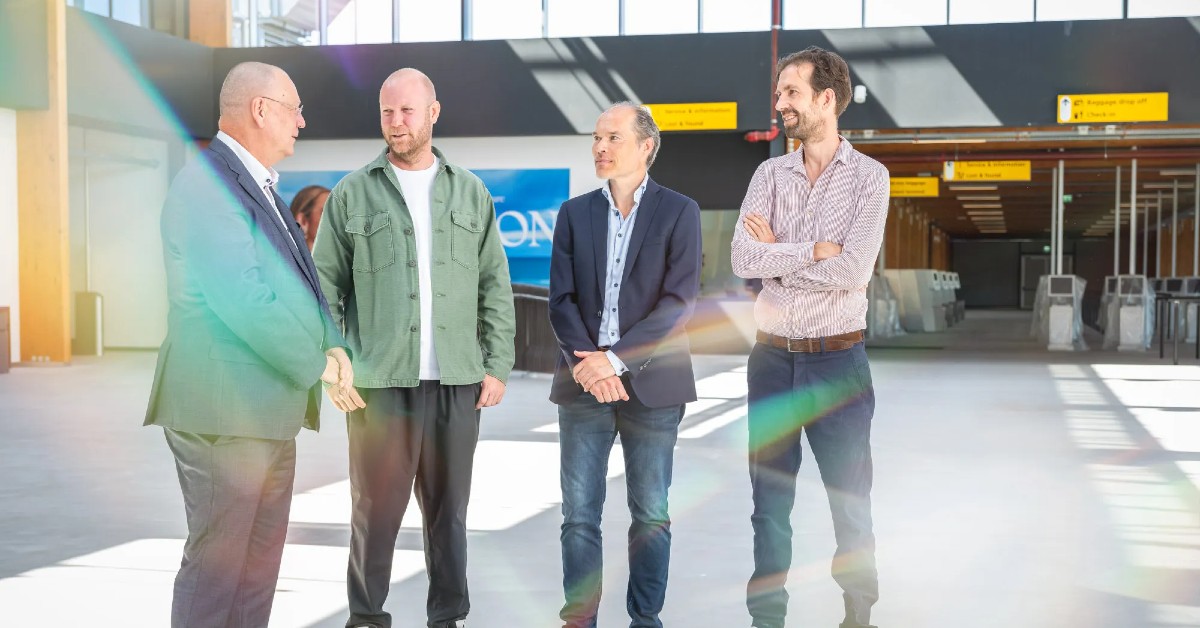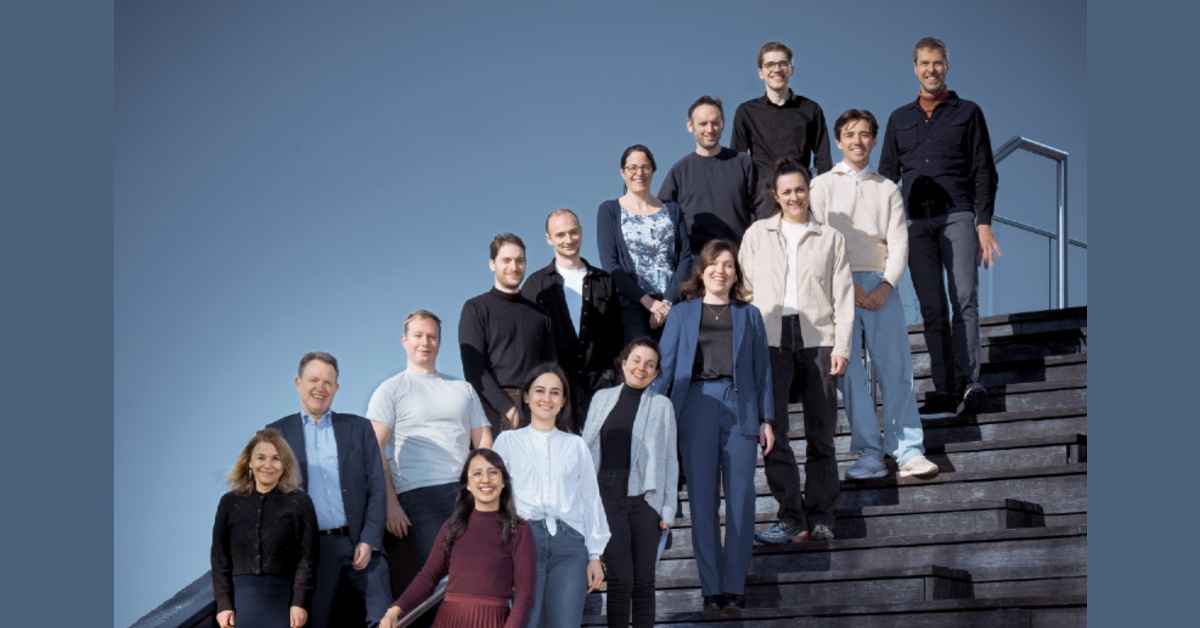This month Teamleader, one of our earliest investments, turns 5. I will be discussing scaling-up in Europe live with founder and CEO Jeroen De Wit at Teamleader’s anniversary event ‘Work Smarter‘.
While making some mental notes for the debate, I came up with a few observations, about how startups become scale-ups and about the kind of team it takes to make that happen. In short: about what the best founders understand about building a real scale-up. It explains what we look for in a team, and how we judge their progress.
The best founders are driven by a deep conviction
My first meeting with Teamleader was in our offices. Jeroen had a meeting with my partner Renaat, who interrupted the meeting to come and find me. “You have to hear this guy.” So I met Jeroen and asked him, ‘”Why are you working on Teamleader?”
And he said: “We look like salesforce.com but we are better! We focus on SME clients, we make it easier than anyone else, and we’re not expensive.”
It blew my mind. There are not a lot of CEOs who can summarize their company like that, let alone a founder who is raising a seed round. The best thing is that four years later, his description is still spot on.
The difference between great founders and mediocre founders is that the great ones have an intuitive conviction and belief in their product – sometimes against accepted business wisdom.
Recently, Teamleader saw that competitors were raising prices. A normal reaction would be to follow. Why not, after all, if clients are willing to pay? Teamleader decided not to do it. “We’re not expensive” is still a core belief. The team has an intuitive idea about the added value they want to offer, and they don’t care what competitors are doing. Cash per customer is not their prime focus; it is to have many, many users.
I don’t think many founders have the talent to do this.
There is a cost to complexity
Related to this, great teams also treat complexity with the suspicion it deserves. It’s all too easy to start developing something because your competitor also does it.
Standing at the traffic light, it’s a terrible mistake to start looking left and right at the other cars and try to outrace them when the light goes green. It’s so seductive to say, “We can do that, too”. Of course you can. Going broader is easy. Until you dilute your human resources and talents to the point that you can’t explain what it is that you’re offering.
There’s a huge cost to complexity – and you often only notice it when it’s too late. A dirty secret of the business world is that you don’t need complexity to add value anyway.
When I was a young financial analyst at HP in Geneva, I noticed that we didn’t know at what prices we sold products in Europe. I printed out all the prices and put them in nice, readable spreadsheets. It wasn’t glamorous. It wasn’t very difficult either, but it sure was useful, and it got me noticed by managers.
You don’t know what you don’t know
A founder should also understand that “they don’t know what they don’t know”.
This makes our job as a VC particularly challenging because you can’t just tell a founder how to solve a situation. (There are always situations, even in the best portfolio companies).
We can point to some things that are not on the radar of the team, but ultimately, we can’t solve the problem for them. It also doesn’t help to point out that things aren’t going well. (They usually know that.)
We have to offer a perspective, ask questions, point things out that might not be on their radar, and hope that the team will learn fast enough to see the answer for themselves.
There are limits to how hard one person can work
One thing that a founder needs to learn as soon as possible is that no matter how hard you work, you’re still only one person; There are physical limits to how much work you can do.
The best founders find ways to extend themselves. Jeroen was 24 when he started Teamleader, but he was never afraid to hire people who were a lot more experienced than him, and who were better than him.
That requires maturity. Young founders sometimes unconsciously resist hiring more senior people, preferring to work with people their own age and shouldering the burden of coaching them, training them and sometimes trying to lift them to the next level of growth.
That won’t work. And in any case it’s not sustainable. Inevitably, you’ll end up with a workload that is too heavy, and it will stall your growth.
Bringing in senior talent requires you to build a culture where seasoned pros can work with young talent. That’s hard work, especially when you’re growing at a breakneck speed. And you need to remain vigilant. People who are great today maybe just good tomorrow when your have grown bigger.
Leading is about opening gaps and closing them
A good CEO is never satisfied. Carlos Brito of AB Inbev once said, “As a manager, you’re responsible for opening the gap, and for closing it again.“
A CEO or a founder should never allow themselves to be at peace with the world. You should always be hungry for the next thing, dreaming of the next big thing, while you’re still executing your last ambitious goal.
And then you have to motivate your team to actually achieve the new vision – and when you’re there, or almost there, you start all over again.
The best founders have this ability to keep finding ways to stretch, and stretch and stretch the company. It requires ambition, which most founders have. It also requires a keen understanding of what your team is capable of at any moment. This is a lot harder.
If you need something, speak up
They say that strong-willed children grow up to be the most successful. I think it’s the same with founders.
When we had just done the first round with Teamleader, we got a call from Jeroen. He said, “Okay, so you’ve been on board now for a few weeks. Where’s the added value?” He had chosen us because we were smart money. We had a network, knowledge, and expertise, and he was determined to acquire them.
I’m not sure I would have been so straightforward at that age. But the need to see the company succeed compelled Jeroen to be straightforward. There’s no time for anything else.
Written by Duco Sickinghe, managing partner at Fortino Capital. Scaling up image by Shutterstock










01
From telecom veteran to Dutch Startup Visa success: The Jignesh Dave story